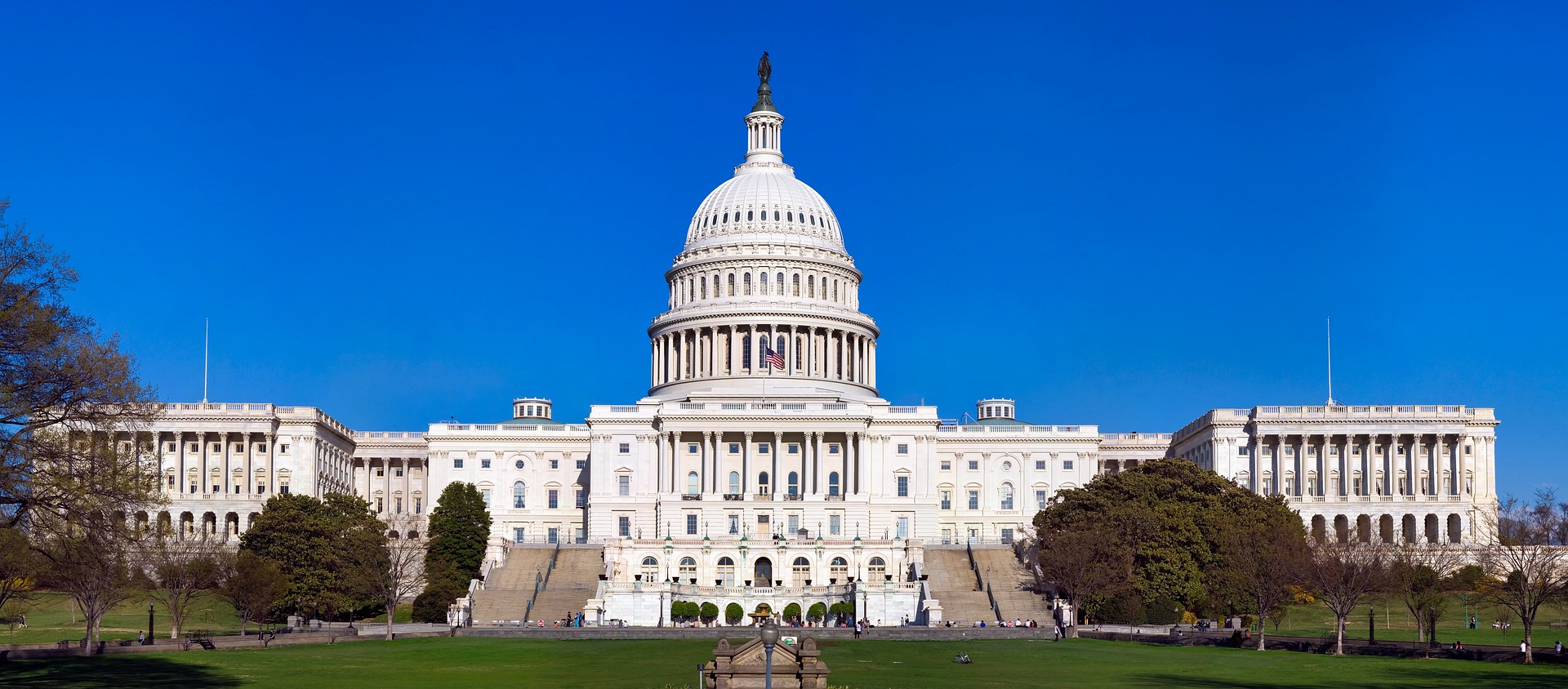 We frequently represent graduate students who have experienced discrimination or harassment in their programs, something that studies have indicated is unfortunately common. The unique status of graduate students within universities affects what legal protections for discrimination apply to them. Graduate students often hold multiple roles simultaneously – student, research assistant or teaching assistant, advisee, and mentee. Their success as early-career researchers is uniquely tied to their relationships with faculty mentors and others in their discipline, meaning they may be less likely to report discrimination. But when it comes to asserting legal claims, the key issue is how their mixed status as student and employee affects what claims they can pursue.
We frequently represent graduate students who have experienced discrimination or harassment in their programs, something that studies have indicated is unfortunately common. The unique status of graduate students within universities affects what legal protections for discrimination apply to them. Graduate students often hold multiple roles simultaneously – student, research assistant or teaching assistant, advisee, and mentee. Their success as early-career researchers is uniquely tied to their relationships with faculty mentors and others in their discipline, meaning they may be less likely to report discrimination. But when it comes to asserting legal claims, the key issue is how their mixed status as student and employee affects what claims they can pursue.
Relevant anti-discrimination statutes
For graduate students who also carry out paid work, there are overlapping protections from discrimination under federal and state law. Various provisions of the Civil Rights Act of 1964 prohibit discrimination in educational programs and institutions, including Title IX (sex) and Title VI (race, color, and national origin). Title VII of the Civil Rights Act and the Massachusetts anti-discrimination statute, Massachusetts General Laws Chapter 151B, bar discrimination in employment. And the federal Americans with Disabilities Act (ADA) prohibits disability-based discrimination in both employment and education. Outside Massachusetts, the anti-discrimination laws of other states protect students and employees as well, often providing stronger protections than federal law.
 Boston Lawyer Blog
Boston Lawyer Blog
















